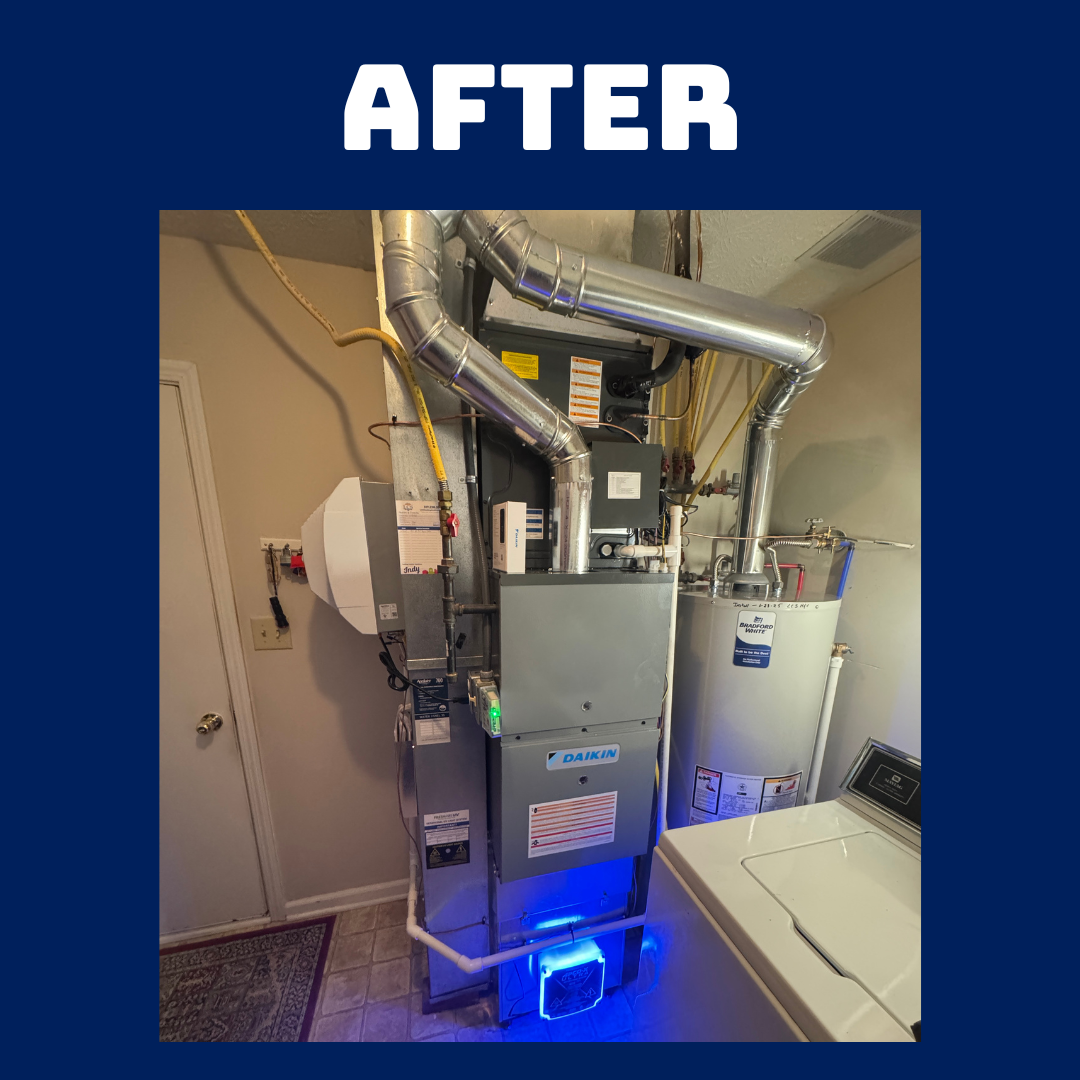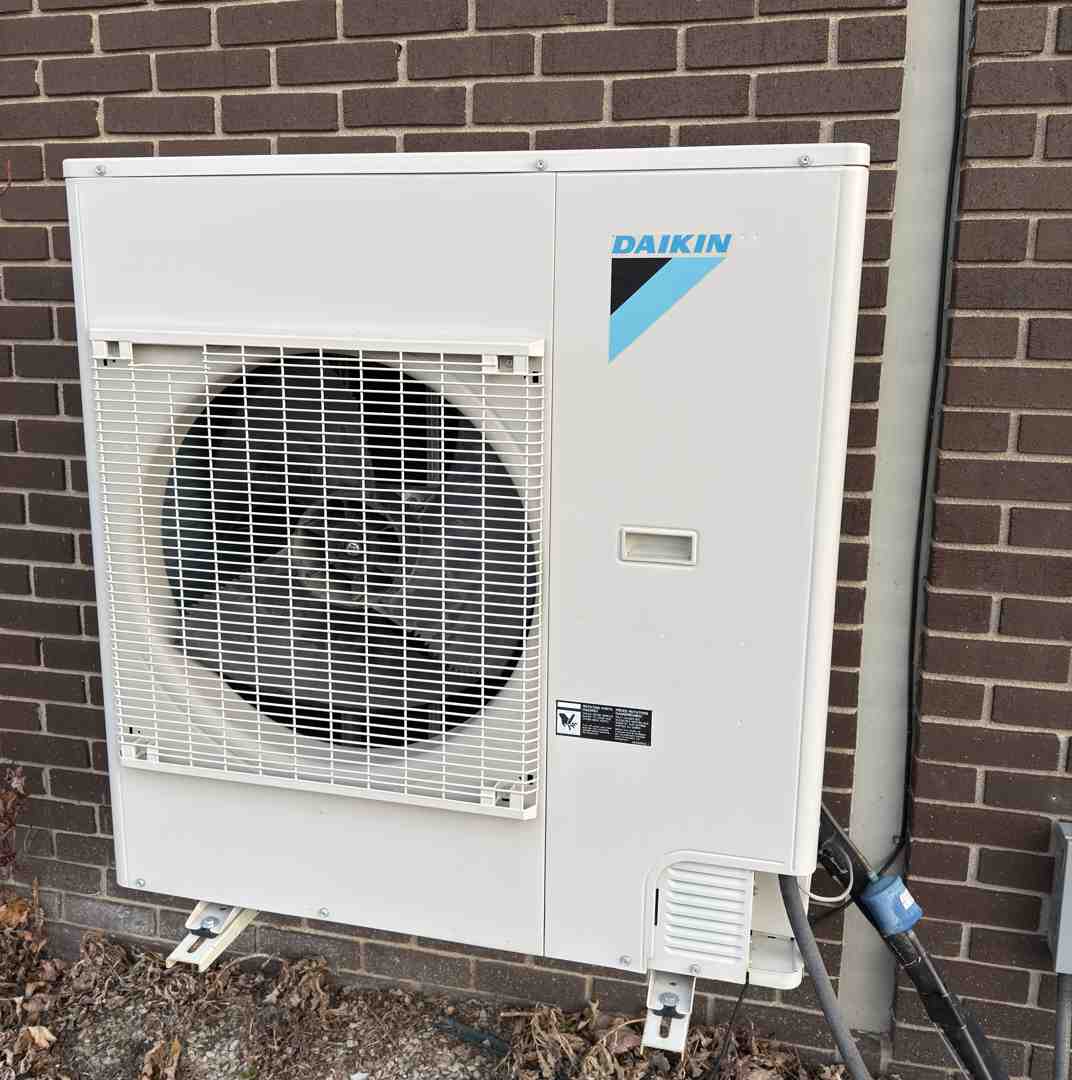How Air Quality Affects Your Family's Health
The air inside your home plays a crucial role in your family's health and well-being. Many people overlook the importance of indoor air quality, focusing instead on external factors like outdoor air pollution. However, the air inside your house can contain various pollutants that can affect your health over time.
Understanding Indoor Air Quality
Indoor air quality refers to the cleanliness and safety of the air inside your home. Several factors contribute to indoor air quality, including the presence of pollutants, humidity levels, and ventilation. When the air quality in your home is good, it is free from harmful pollutants and maintains optimal humidity and ventilation levels.
Good indoor air quality is essential for maintaining health and comfort. Poor air quality can irritate the eyes, nose, and throat and cause other health problems. Factors such as dust, pet dander, mold, and chemicals from household products can all affect the air quality within your home. Poor ventilation can exacerbate these issues by trapping pollutants inside and preventing fresh air from circulating.
Monitoring and maintaining indoor air quality is important. Using air purifiers, maintaining a regular cleaning schedule, and ensuring proper ventilation can help improve the air you and your family breathe. Understanding how indoor air quality works can help you take steps to create a healthier home environment.
Common Pollutants and Their Sources
Several common pollutants can degrade indoor air quality. Each of these pollutants comes from different sources and can affect health in various ways. It’s important to identify and mitigate these sources to ensure cleaner air in your home.
- Dust and Pet Dander: Dust is a mixture of tiny particles that can include skin cells, hair, and fabric fibers. Pet dander, which is tiny flecks of skin shed by cats, dogs, and other animals with fur or feathers, can exacerbate allergies and asthma.
- Mold and Mildew: Moist environments can lead to the growth of mold and mildew. These fungi release spores into the air, which can cause respiratory issues and other health problems.
- Household Chemicals: Cleaning products, paints, and other household items often contain volatile organic compounds (VOCs). These chemicals can off-gas into the air and contribute to poor air quality.
- Smoke and Cooking Fumes: Tobacco smoke and fumes from cooking can release harmful particles and gases into the air, leading to respiratory issues and other health concerns.
- Outdoor Pollutants: Pollutants from outside, such as pollen and industrial emissions, can enter your home through open windows and doors, affecting indoor air quality.
Identifying these common pollutants and their sources is the first step in improving indoor air quality. Implementing measures to reduce or eliminate these pollutants can help create a healthier living space for you and your family.
Health Impacts of Poor Air Quality
Poor air quality can have several adverse health effects on your family. Short-term exposure to indoor pollutants can cause symptoms such as headaches, dizziness, and fatigue. Long-term exposure can lead to more severe health problems, including respiratory diseases, cardiovascular issues, and weakened immune systems.
Children and elderly family members are particularly vulnerable to poor air quality. Children’s developing lungs are more susceptible to pollutants, which can cause or worsen asthma and allergies. Older adults may experience heightened symptoms of existing health conditions, such as bronchitis or heart disease, due to poor air quality.
Poor air quality can also impact mental well-being. Research suggests that air pollution can be linked to cognitive decline and mental health issues such as anxiety and depression. Ensuring clean indoor air is not just about physical health; it also contributes to a healthier mental state for all family members.
Tips to Improve Indoor Air Quality
Improving indoor air quality involves various steps that can make a significant difference in the air you and your family breathe. Here are some practical tips to improve your home’s air quality:
- Ventilate Your Home: Regularly open windows and doors to allow fresh air to circulate. Use exhaust fans in kitchens and bathrooms to remove moisture and odors.
- Use Air Purifiers: Invest in air purifiers with HEPA filters to remove dust, pet dander, and other airborne pollutants from the air.
- Keep Your Home Clean: Regularly dust, vacuum, and mop to reduce the buildup of pollutants. Use a vacuum cleaner with a HEPA filter to trap dust and allergens effectively.
- Control Humidity: Maintain an indoor humidity level between 30% and 50%. Dehumidifiers and air conditioners can be used to reduce moisture, which can help prevent mold growth.
- Avoid Chemical Pollutants: Opt for natural cleaning products and avoid using sprays and aerosols. Store chemicals and paints in well-ventilated areas away from living spaces.
- Change Air Filters Regularly: Replace HVAC filters every one to three months to ensure your system is circulating clean air.
- Decorate with Houseplants: Certain houseplants can help purify the air by absorbing pollutants. Choose plants like spider plants, snake plants, and peace lilies.
Implementing these steps can significantly improve indoor air quality, creating a healthier environment for your family.
Conclusion
Maintaining good indoor air quality is essential for protecting your family’s health. Poor air quality can lead to a range of health problems, from minor irritations to serious long-term conditions. Understanding the sources of indoor pollutants and taking steps to mitigate them is crucial.
By following the tips provided, you can improve the air quality in your home. Simple actions like proper ventilation, regular cleaning, and using air purifiers can make a big difference. Protecting your family from the effects of poor air quality is not just a one-time effort but an ongoing commitment.
For comprehensive solutions and professional guidance, consider reaching out to our experts. At LCS Heating & Cooling, we are dedicated to helping you maintain a healthy and comfortable home environment. Contact us today to learn more about our indoor air quality solutions in Indianapolis and how we can assist you in improving your indoor air quality.

